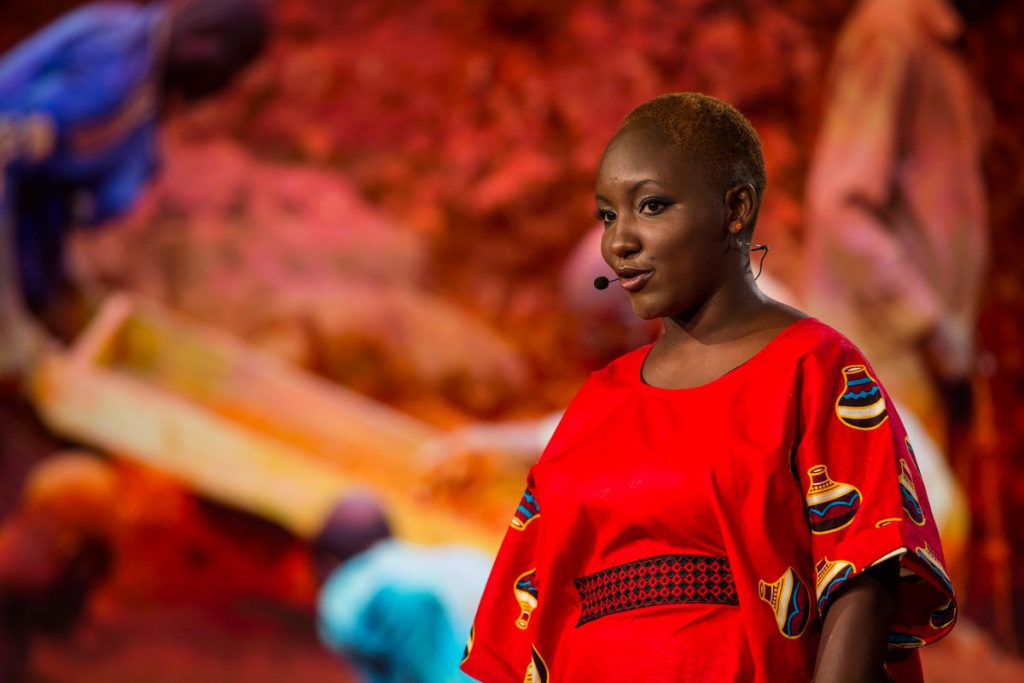Ms Ann Kananu Mwenda becomes the third woman to take the reins of a deputy governor after 2017 General Election.
The Nairobi City county deputy governor, therefore, comes 10th in the list of incumbent deputy governors after Dr Caroline Wanjiru Karugu of Nyeri who took an oath of office in 2018 and Dr Joyce Wanjiku Ngugi who took the leadership in Kiambu County, last year.
Since 2017, five governors, including one female, have exited office either through death or impeachment.
Governors John Nyagarama (Nyamira), Wahome Gakuru (Nyeri) and Dr Joyce Laboso died while in office. While Ferdinand Waititu (Kiambu) and Mike Sonko (Nairobi) were impeached.
Of the four counties – Nyeri, Nyamira, Bomet and Kiambu – only two incoming governors opted for female deputy governors.
In Nairobi, Ms Mwenda had been nominated by Mr Sonko before his impeachment.
In the 2017 General Election, only seven women became deputy governors including Yulita Mitei (Nandi), Fatuma Achani (Kwale), Adelina Mwau (Makueni), Cecilia Mbuthia (Nyandarua), Evalyn Chepkirui (Narok), Susan Kikwai (Kericho) and Delina Mlagui (Taita Taveta).
Should the Constitution of Kenya (Amendment) Bill, 2020 become law; going forward, it will be illegal for any gubernatorial candidate to seek election without a choice of a deputy of alternative gender.
Equal representation
In the proposed bill, Article 180 on the election of county governor and deputy county governor is to be amended to insert clause demanding of “the candidate of the county governor, in nominating a deputy governor, to consider a person who is not of the same gender.”
As such, there will be an equal representation of men and women in the county executives similar to balanced gender representation in the Senate as the bill proposes the election of both a man and a woman from the 47 counties to the House.
Nevertheless, questions still linger on regarding the impact of the proposed legislation on women’s influential participation in the country’s development.
While gender parity will be achieved in the Senate which primarily oversees development in the counties, in the National Assembly where laws on national development are passed, criteria on achieving the same is still a matter of debate.
With the amendment of Article 97 of the Constitution, 70 more MPs will be elected from single and multiple-member constituencies to add up to the currently elected from 290 constituencies.
In a January 14, Women and BBI (Building Bridges Initiative) webinar, former chairperson of National Gender and Equality Commission (NGEC) and gender expert, Ms Winfred Lichuma said: “We make the Senate a house of equals, a good thing because the nominated women did not enjoy the vote especially on county matters.”
“Then you come to the National Assembly… what we do is increase the number of constituencies instead of making these constituencies women based (yet) the actual debate in terms of development agenda is in the National Assembly,” she added in the webinar organised by Women Political Alliance-Kenya.
All Africa





Comments are closed.